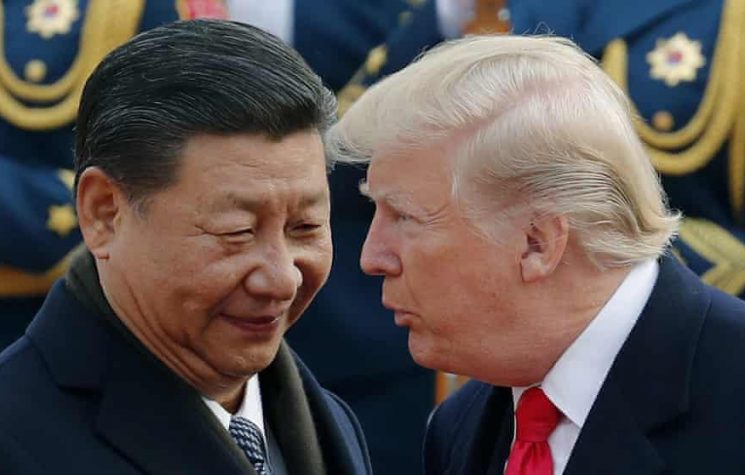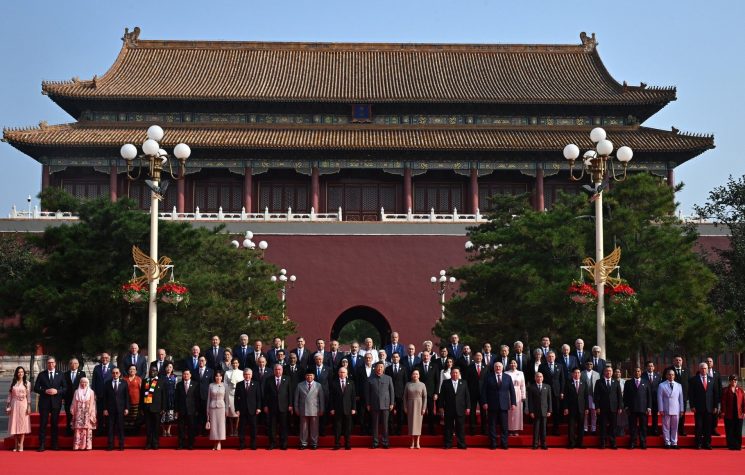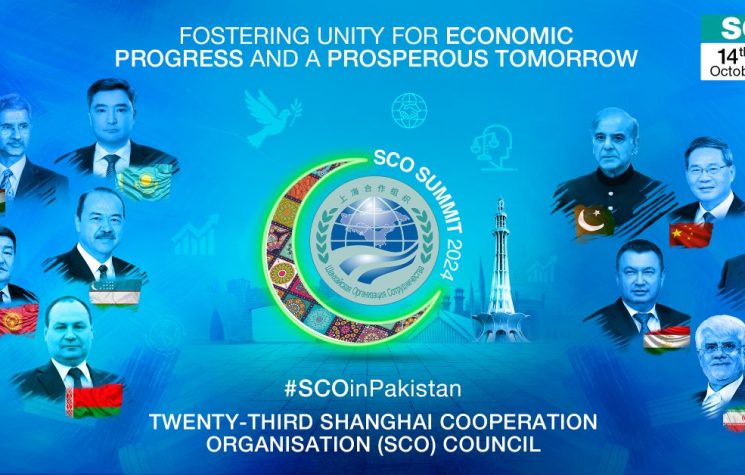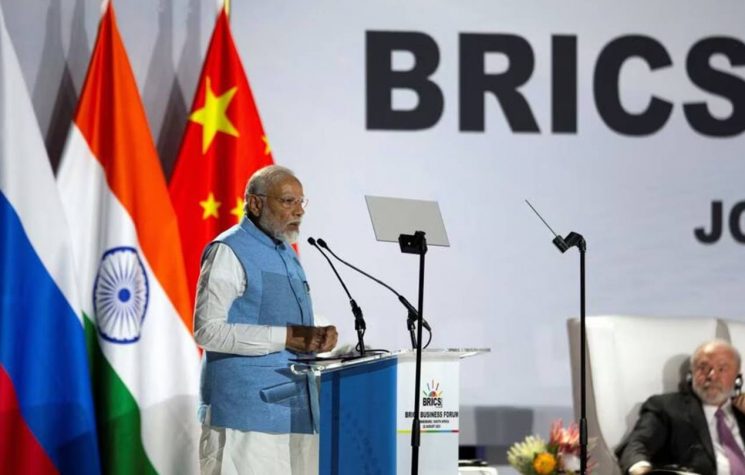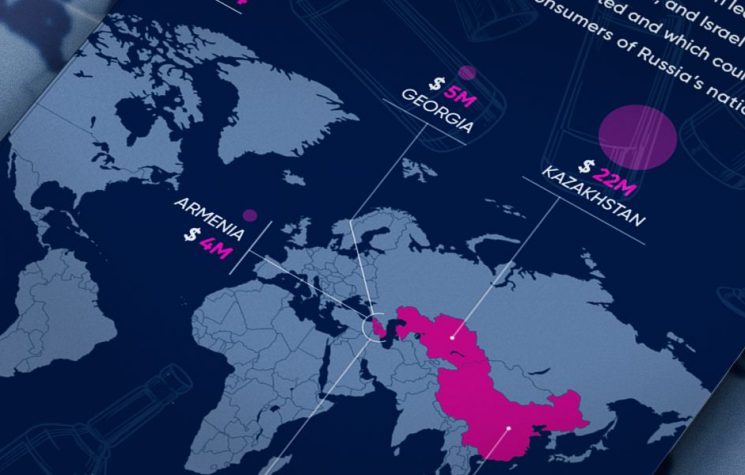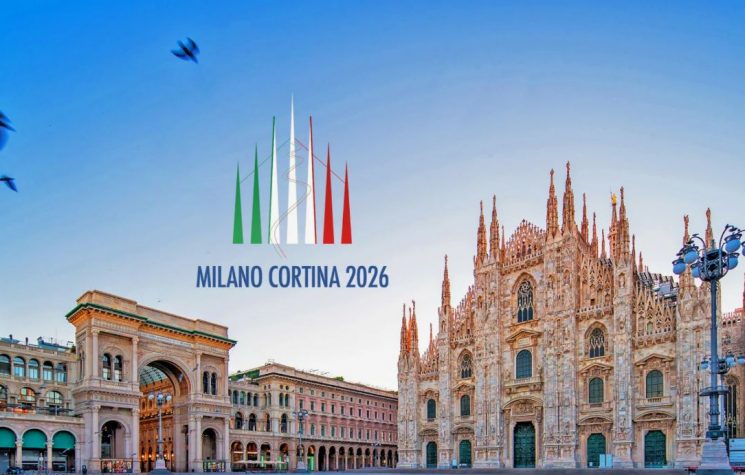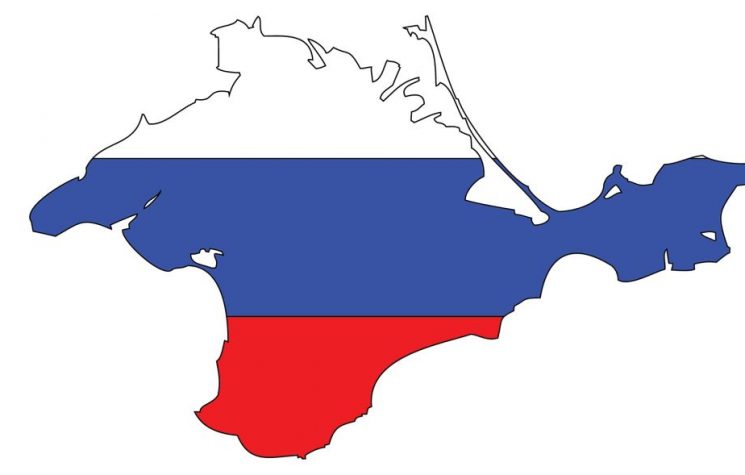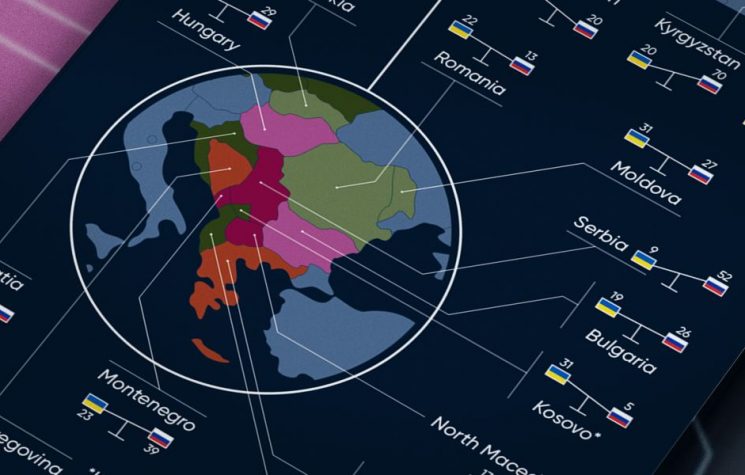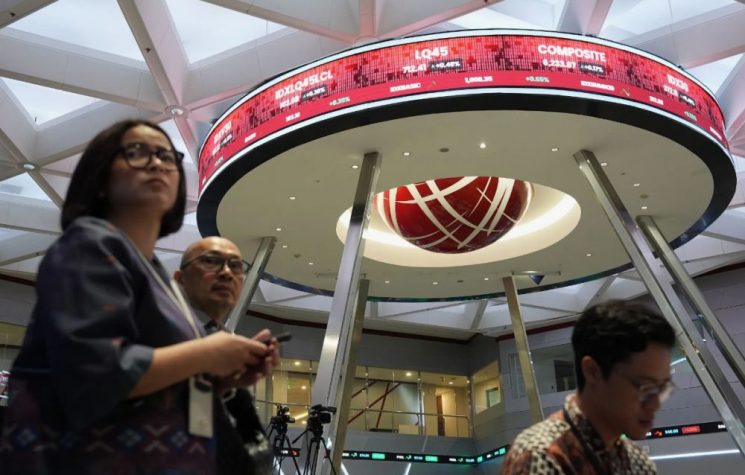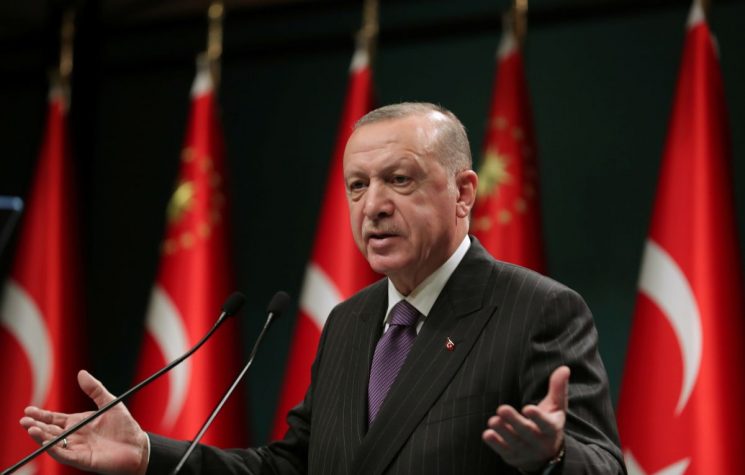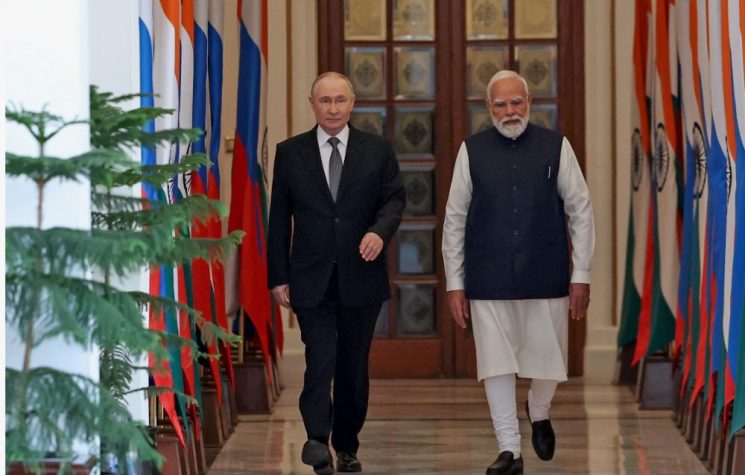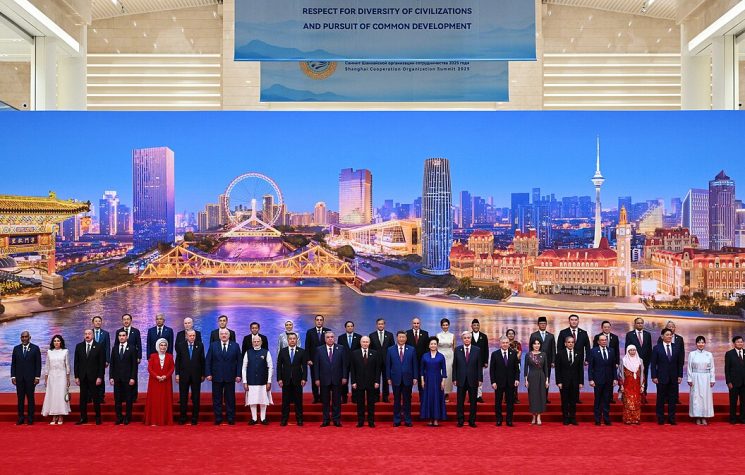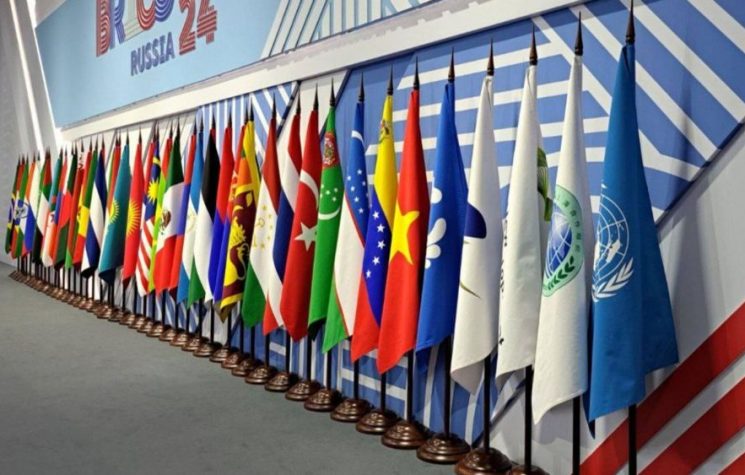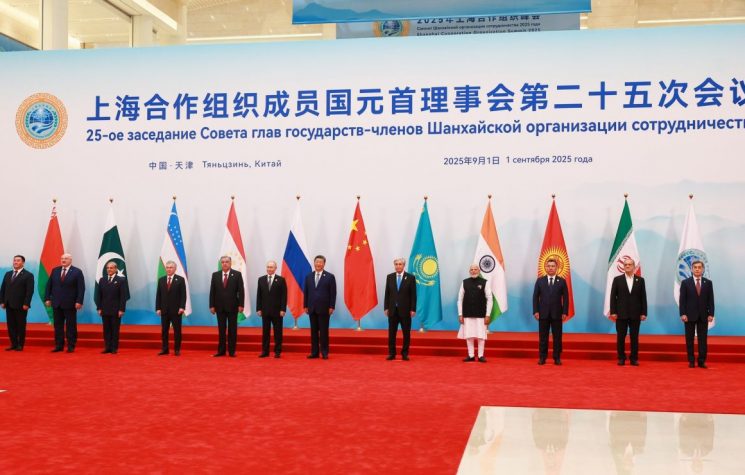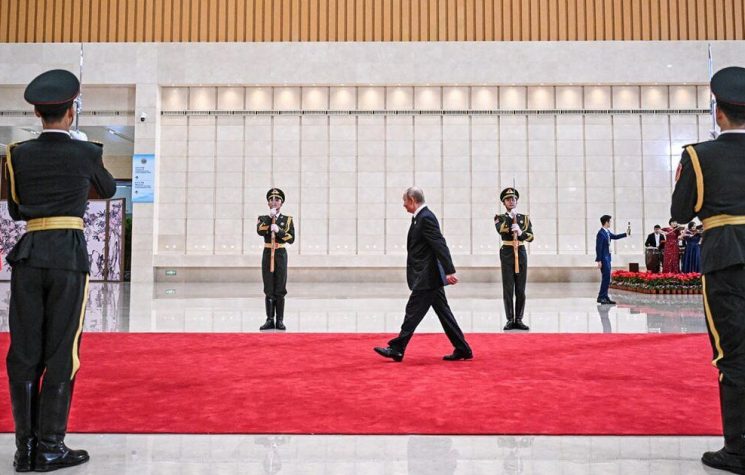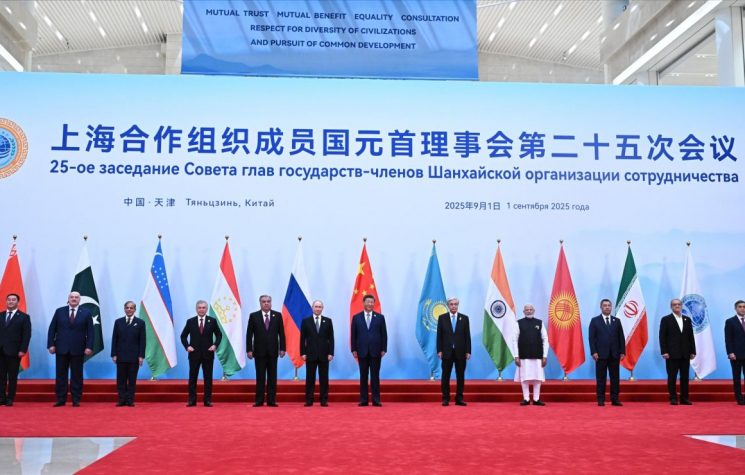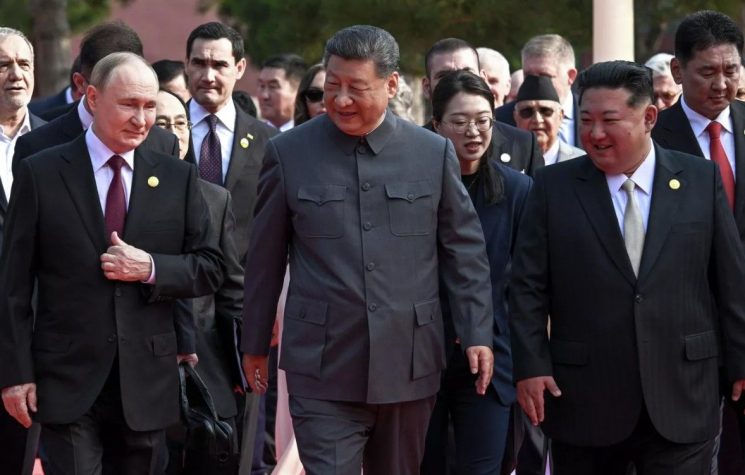The so called “rules-based order” is changing and there is someone doing some rock ‘n roll with it.
Contact us: info@strategic-culture.su
The so called “rules-based order” is changing and there is someone doing some rock ‘n roll with it.
Beside BRICS+, which is actually the most important partenariate, we must consider the strategic asset of SCO. We should not be surprised by the non-coverage of the SCO summit in Astana, Kazakhstan, in Western media – not only in the West, but across Europe as well. First of all, because the collective West does not understand what the SCO is. The SCO was founded a few months before 9/11 and, in fact, as the Shanghai Five, it was Russia, China, and three Central Asian states, essentially an anti-terrorist, anti-separatist, anti-extremist organization.
All these years they have developed as an economic operation organization and now they are one of the key nodes of the multipolar and multi-nodal world. Different nodes, they are interconnected, and this was more than clear at the Summit in Astana. There were the nine members of the SCO, which include, by the way, India, Pakistan, and Iran, and the tenth, Belarus. So now we celebrate the SCO-10. This is very, very important because we have on the same table Russia, China, India, Pakistan, Iran, Belarus, and four Central Asian states. That’s a great deal of Eurasia.
Today, we can more or less say that SCO is the sister organization of BRICS+.
The BRICS, the SCO view that the West is ignoring international law, that the West can’t be relied upon to comply with the rule-based order that the West attempted to establish. That’s why one of the key discussion points in Astana was something that President Putin introduced last month: the notion of new Eurasia-wide security architecture, which is essentially the content of those letters that Russia sent to Washington and Brussels in December 2021, talking about indivisibility of security (a doctrine very close to Chinese doctrine too). Basically, the Russians are saying, and the Chinese agree, and the Indians also agree, that the rules-based international order founded essentially on NATO – the armed policeman of the world – doesn’t apply anymore, because it’s Western-centric, NATO-centric, and Eurasia is completely ignored. So they now propose the Eurasia-wide indivisibility of security system, where countries from NATO and Europe are also welcome.
Don’t forget that if we look at the map, Europe is the western extremity of Eurasia, or a peninsula in the wider Eurasian continent. It makes sense that security for the big powers in Eurasia should be inextricably linked to the security of Europe as well.
The strategic importance of Europe and the Mediterranean as a multipolar key – or as a key to Atlanticist domination of the continent – is still relevant and arouses great interest in the U.S. leadership. It is not possible to give up Europe, because it would mean giving up… the last remaining domain!
Let’s think about a possible evolution or change of the situation. Turkey’s not in SCO, it’s a partner in dialogue; in Astana, Turkish President Erdogan himself was a special guest, that means a NATO member at SCO Summit, visibly interested in this concept of Eurasia-wide security architecture. He had a bilateral with Putin on the sidelines of the meeting and was also in all the main sessions as a dialogue partner. Absents: all the other European countries.
More, Azerbaijan was there as well and, with the observers, Afghanistan. The SCO wants to bring Afghanistan as a full member as soon as it’s feasible, maybe within the next two years or so, because then the normalization of Afghanistan and the stabilization of Afghanistan is going to be an Eurasia-wide movement and Russia is the leader of this diplomatic link. This is something absolutely extraordinary.
We have in front o us the whole of Eurasia and the Rimland.
The geopolitics of partnerships is completely changing the traditional mapping of classical geopolitics. The Hegemon can no longer control the Rimland because it cannot compete with too many adversaries at once. Losing Rimland means losing the geographical space of access to the Heartland. It is factual, it is a geographical law.
If the U.S. and NATO don’t wake up, they run the risk of losing not only the whole of Eurasia, but also significant parts of the Rimland as well, in the next few years, because the way Eurasia is being uniting under the edges of these different multipolar and multilateral organizations, like BRICS-10, SCO-10, the Belt and Road, the Chinese Belt and Road projects, the Eurasia Economic Union, the Asia Infrastructure Investment Bank, all of that together, they’re going to the same place, which is, let’s say, a unified Eurasia.
SCO and BRICS will become one – maybe – because the purpose of this is to provide alternatives to Western-controlled economic mechanisms. If we follow the speed of how they are interacting and the fact that we have four top powers as members of both organizations, it’s simply inevitable that they will sit on the same table with – again maybe – something more “strategic”. Check that BRICS+ and SCO are not formally the same thing of NATO, are not structured as military organizations. It started as a multi-terror separatism and extremism of all kinds organization and evolved into a geo-economic cooperation organization, which is what it is today.
But there are no reasons to block their development as a new united military organization.


















